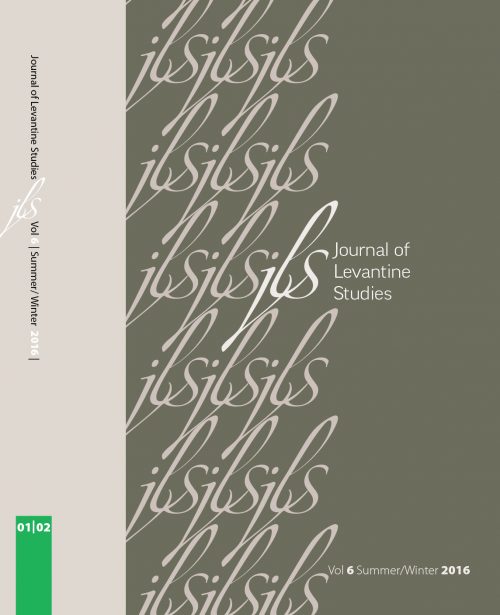-
Add to cartQuick view
Mercantilism, Statebuilding, and Social Reform: The Government of the Marquis of Pombal and the Abolition of the Distinction between New and Old Christians
Free!The 1773 law abolishing the distinction between New and Old Christians put an end to an extremely resilient foundation for discrimination that had been embedded in the Portuguese social order for more than two centuries. Although the New Christian community had long been eroded by emigration, statutes of blood purity still upheld that discrimination. The Marquis of Pombal, the powerful secretary of state, was atypically cautious in suppressing such an entrenched social barrier, only taking the decision to do so after a full institutional procedure. The decision is associated with both the government’s regalist offensive, which aimed at the church’s subordination, and with a set of measures designed to give the Crown a monopoly over the legitimate system of social classification. Among such measures, the onslaught on a clique of aristocratic families and their pretensions to blood purity in 1768 is most revealing, as it represents a positive claim to that monopoly.
Suppressing the distinction served to reinforce state power in other ways. Although a reformer, Pombal based his policies on the principles of seventeenth-century mercantilism and raison d’état. To end foreign ascendancy over Portuguese colonial trade and secure the Portuguese monopoly of that trade, he had to eliminate contraband, which could be partly accomplished by abolishing the discrimination against the Jews, who would otherwise, Pombal felt, be contraband’s most redoubtable agents. It would also facilitate the promotion of a group of merchants who could run the trade with the colonies. In this way they would no longer be concerned about their profession being associated with a reviled ethnic ancestry, and they could be more confident of their respectability. The abolition of the distinction between New and Old Christians was thus an instrument of statebuilding through social reform.
Add to cartQuick view -
Add to cartQuick view
Crypto-Judaism in Post-Pombaline Portugal: Legal and Social Remnants
Free!One of the most difficult topics to study regarding the history of the Portuguese New Christians is the decline in the number of Judaism cases tried by the Inquisition. Related to that issue, the alleged end of crypto-Judaism in Portugal is also polemical, since both in and outside of the academic world, twentieth-century “Marranos” are said to have maintained not only a specific identity but also habits and ceremonies. The objective of this paper is to contribute to the understanding of how the descendants of Jews forcibly converted in 1497 were seen and treated in both daily life and during the exceptional experience of a trial for heresy after the Pombaline reforms. This study is based on two previously unnoticed cases of Judaism tried by the Portuguese Inquisition after the apparently in-depth institutional reforms took place between 1765 and 1774.
Add to cartQuick view
- Home
- About JLS
- Issues
- Vol. 9 No. 1 | Summer 2019
- Vol 8 No 2 Winter 2018
- Vol. 8, No. 1: Summer 2018
- Vol. 7, No. 2: Winter 2017
- Vol. 7, 1: Summer 2017
- Vol. 6, Summer/Winter 2016
- Vol. 5, No. 2 Winter 2015
- Vol. 5, No. 1 Summer 2015
- Vol. 4, No. 2 Winter 2014
- Vol. 4, No. 1 Summer 2014
- Vol. 3, No. 2 Winter 2013
- Vol. 3, No. 1 Summer 2013
- Vol. 2, No. 2 Winter 2012
- Vol. 2, No. 1 Summer 2012
- Vol. 1, No. 2 Winter 2011
- Vol. 1, No. 1 Summer 2011
- Blog
- dock-uments
- Subscribe
- Submit
- Contact


